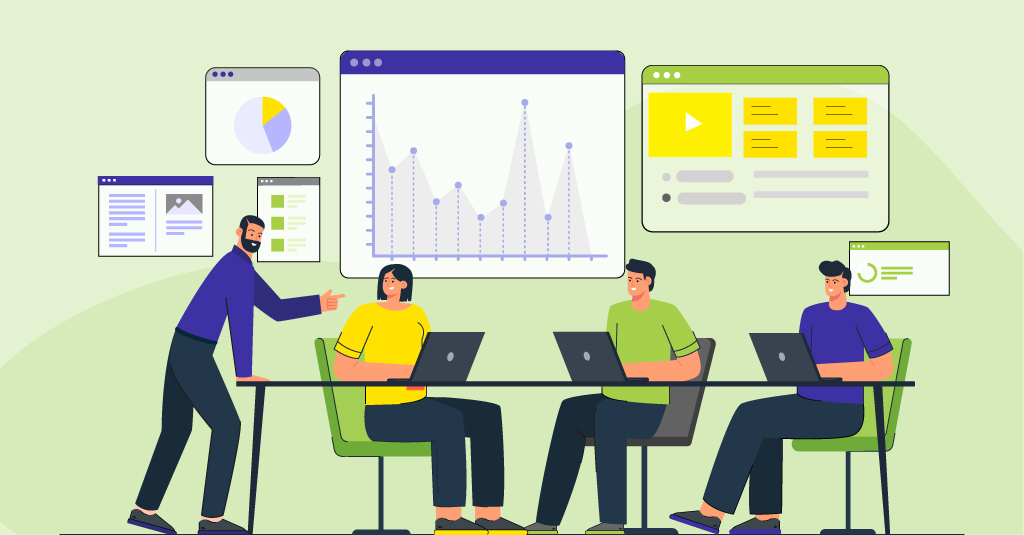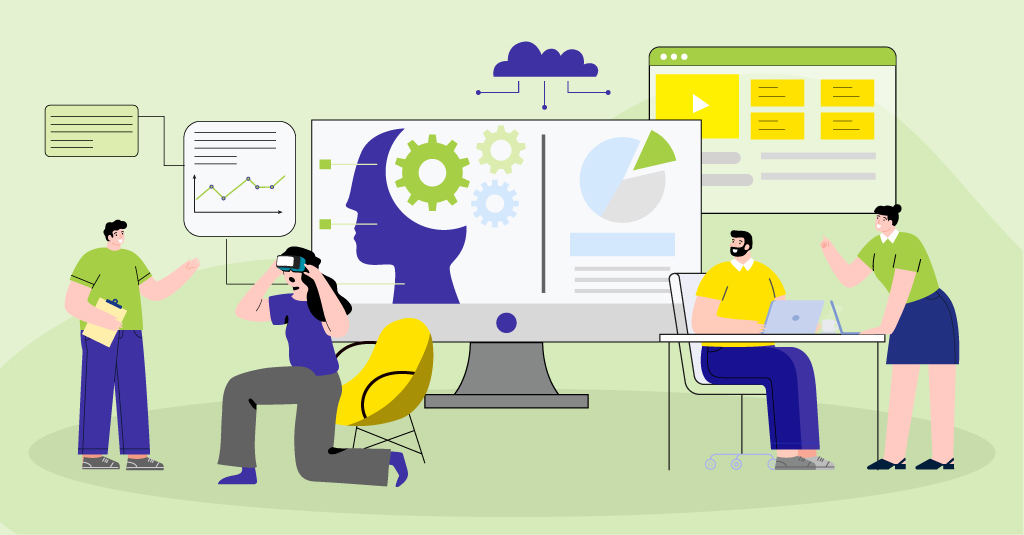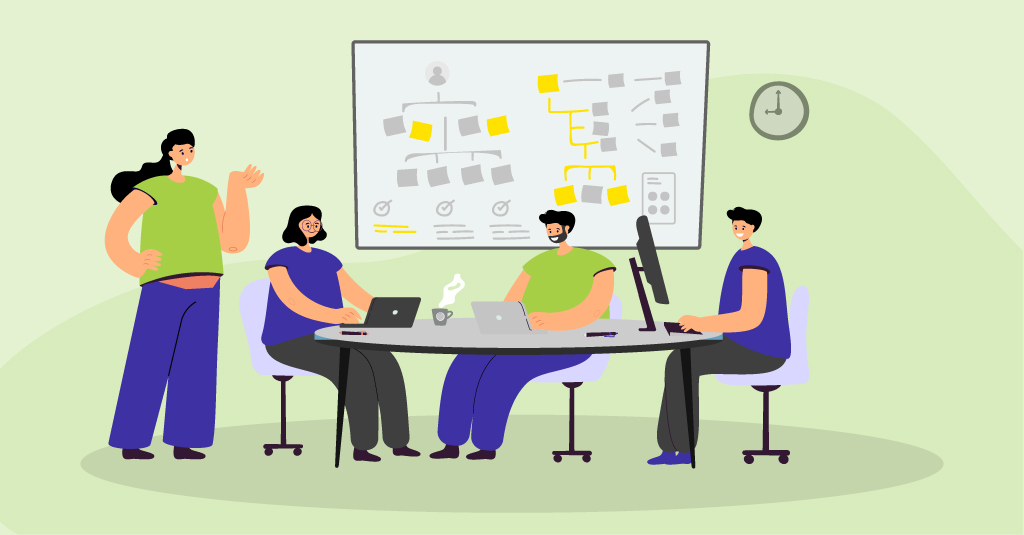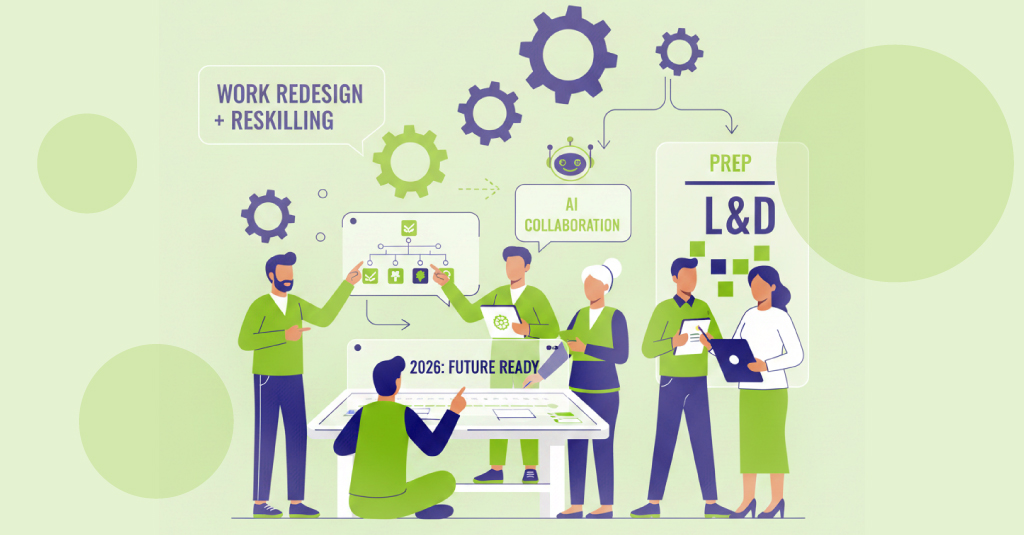If skilling is a critical capability for organizations to deliver, going forward, what do we need to know? First, we need to stipulate what is a ‘skill’. Then, we need to address why aren’t our existing approaches sufficient.
The underpinning context is an increasing rate of change. Executing the things you know you need to do is going to be just the cost of entry. The ability to adapt to agility is going to be the new differentiator for organizations. Thus, the ability to establish, assess, and develop (or acquire) new capabilities, at speed, will be essential.
What are Skills
So, what are skills? For us, skills are about the ability to ‘do’. Merriam-Webster’s definitions include “a learned power of doing something competently: a developed aptitude or ability”. There have been various terms bandied about competency, ability, skill, and more. We’re less worried about the terminology and more about what it means we need to execute against. In particular, we’re thinking about those developed aptitudes or abilities that organizations need to execute their strategy. Which they may or may not have, and if not, need to acquire.
Robert Mager has defined performance objectives as a particular behavior, that is used appropriately in context, with some measurable outcome. This, to us, maps well to the definition: we can’t consider it extant until we can ascertain that it’s been acquired, which means we can measure the outcome, qualitatively or quantitatively. We’ve previously argued that this is a critical distinction, having outcomes that are an improvement in performance leading to an impact on the organization.
Note that this is not just knowledge about how to do something. In cognitive science, this is referred to as ‘inert knowledge’. You know it to the extent you can pass a test on it, but in an appropriate context, it won’t get activated. What we know about learning says that to be able to do, you need to practice doing. You may use knowledge to guide your performance, and you need feedback referring to that knowledge to tune your performance, but the knowledge is secondary, and the performance is primary. This is the reason why performance support should be in the toolbox of solutions. That is, the ability to perform is more important than whether that’s with support or not. What matters is your ability to do things that the organization needs.
One of the problems, too frequently, is people leaving descriptions at too vague a level; at a level where you can’t really determine whether it’s been acquired. A classic case is ‘leadership’. To successfully develop leadership, you actually need to develop the component skills. Under categories like communication, planning, evaluation, and more, there are skills that comprise these abilities. An important step is breaking down the outcomes you need until you identify the component skills.
Why is Skilling Important
Skilling is increasingly important. Change is happening, and organizations need to adapt. That means they need to determine what to do, and then be able to execute. The ability to execute depends on having people equipped with the necessary know-how to deliver. This is where skilling comes in.
The rate of change is increasing. That is, the amount of change isn’t just increasing, the rate at which the amount of change is changing is increasing. That is, it’s exponential growth. This isn’t new, but we have to recognize that it’s not just continual, but it’s accelerating
Generative artificial intelligence (Gen AI) is a good example. Two years before writing this, for instance, generative artificial intelligence (Gen AI) wasn’t a thing. Now it’s the thing! The ‘gold rush’ mentality for Gen AI may be fleeting, but the long-term implications aren’t. Every vendor is now claiming to be AI-enabled, and most companies are looking for opportunities. However, there are issues to be addressed, both pro and con. To be able to make decisions about Gen AI, however, you have to know enough to determine what to buy, what to build, and what to avoid at all costs! There’s knowledge about Gen AI, but then there’s the necessary skill to apply that knowledge to make determinations for the success of the business.
The bigger picture is that Gen AI is only the current focus. Yet there are changes in practices, technologies, and more. To take advantage of these opportunities requires knowing if they’re legitimate and relevant, and then how to leverage them.
Those skills may already exist in your organization, or they may not. If they’re not, how are you going to acquire them? That, in short, is what skilling is all about; coping with rapid changes by assessing what skills are needed and how they’re to be addressed.
In today’s fast-paced world, the ability to rapidly acquire and apply new skills is not just an advantage—it’s a necessity. As organizations face exponential change, skilling becomes the linchpin for navigating these challenges and staying competitive. For more insights on strategically approaching skilling within your organization, check out our eBook, Skilling for Performance: A Strategic Imperative for Organizations.



















